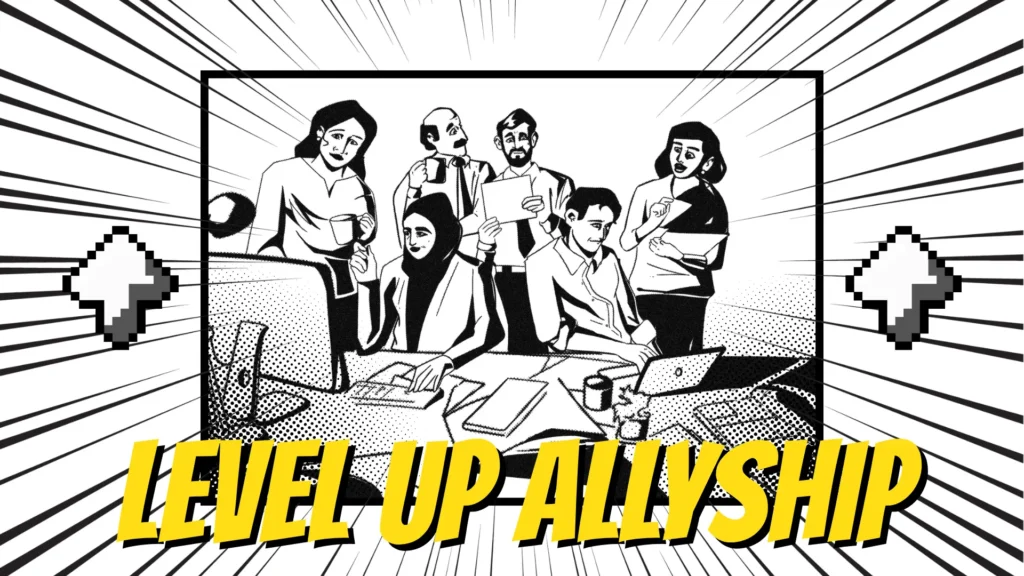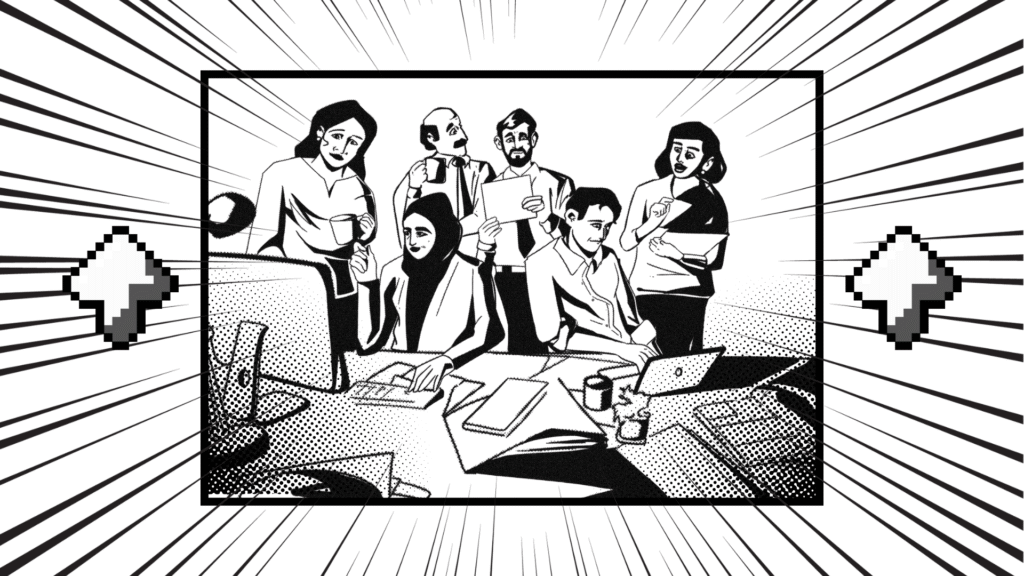A young woman lawyer Sabhitha once confided in her senior after being sexually harassed by a senior male advocate in a courtroom hallway. Her senior’s response was chillingly familiar: “Don’t speak up. He’s too powerful. There’s no system to protect you.” That silence—systemic and suffocating just received legal validation.
On July 22, the Bombay High Court ruled that the Sexual Harassment of Women at Workplace (Prevention, Prohibition and Redressal) Act, 2013 (PoSH Act) does not apply to advocates.
The reason: There’s no formal employer-employee relationship between lawyers and the Bar Council of India (BCI) or the Bar Council of Maharashtra and Goa (BCMG). Instead, women advocates are advised to use Section 35 of the Advocates Act, 1961 to report misconduct.
While technically sound, the verdict is detached from the lived realities of thousands of women in the legal profession.
Why does this verdict fall short?
- Denial of safe workplaces:
The Court’s narrow reading of “workplace” leaves out courtrooms, chambers, mediation rooms, and client offices — all real workspaces where sexual harassment occurs. Just because advocates are self-employed doesn’t mean they don’t face workplace risks. - Section 35 – A toothless substitute:
Using Section 35 of the Advocates Act to report sexual harassment is not only legally inadequate but also deeply insensitive. It lacks the core protections of PoSH such as confidentiality, gender-balanced inquiry panels, time-bound processes and survivor-centric procedures. - Judicial irony:
Courts are spaces of power and hierarchy. Junior lawyers, particularly women, are often at the mercy of seniors for mentorship, clients and courtroom access. This structural dependency creates a power dynamic. Without institutional protection, women lawyers are forced into silence or retaliation. - A dangerous precedent
This verdict sends a damaging message: If you’re not a salaried employee, your safety doesn’t deserve legal protection. It risks leaving out gig workers, freelancers, journalists and others in informal sectors who also lack “employers” but need legal safeguards.
What needs to change?
Bar councils must take proactive steps to ensure the safety of women advocates by creating PoSH-like redressal mechanisms, even if not legally required. All bar associations and courts—from trial to high courts—should have mandatory, independent Internal Complaints Committees (ICCs) to handle harassment complaints. There is also a need to either expand the scope of the PoSH Act to cover non-traditional workplaces like courts and law chambers or introduce parallel guidelines specifically for the legal profession. Alongside this, gender sensitisation must become a priority across all judicial institutions to help dismantle the deeply rooted patriarchal culture in the legal system.
Law must serve those who uphold it. If courtrooms cannot guarantee dignity and safety to women advocates, what message are we sending about justice in India?




